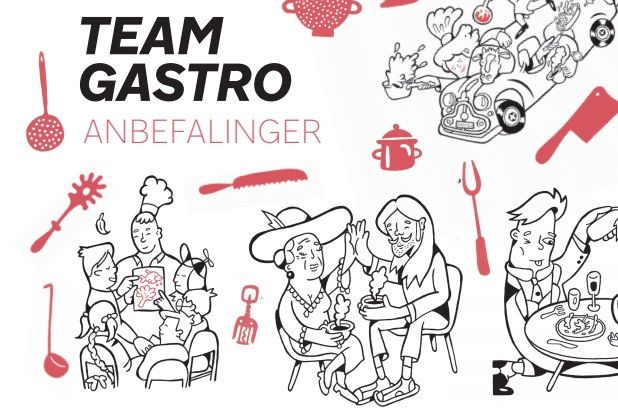News
Danish food milestone reached in China
This article is more than 7 years old.
Elsewhere, experts group unveils recommendations for developing gastronomy in Denmark

Danish sausages heading to China (photo: Pixabay)
The Danish food and agriculture industry got some good news over the weekend when China officially approved the importation of heat-treated pork products from Denmark.
The decision, which the Danish authorities have spent a decade working on securing, means that everything from red sausages to ham can be sold on the lucrative Chinese market.
“It’s a big day for Danish agriculture and economy. We are the world champs at Danish sausages and pork meat products, and the middle class in China wants to get a taste of it,” said the environment and food minister, Esben Lunde Larsen.
“It’s going to boost export income and jobs in Denmark. It’s a massive day and I’m having a tough time getting my arms down.”
The Danish industry estimates the agreement with China could be worth about 250 million kroner annually in export income.
READ MORE: Chinese cuisine at a Danish pace: Uncovering food authenticity with Kewei’s Kitchen
Gearing up on gastro
In related news, a team of gastronomic experts have delivered ten recommendations to the government that aim to support and develop gastronomy in Denmark.
Team Gastro, as the expert panel is called, came up with recommendations across the five central categories: Export, Tourism, Food Waste, Eating Habits, and Gastronomy in the Centre.
The recommendations (here in Danish) included creating more food experiences for tourists, expanding the exportation of high-quality food products, strengthening networking and knowledge-sharing for product development, and developing a Danish gastronomy academy.
The government is going to use the recommendations as a basis for its Gastro 2025 initiative, which is expected to be proposed in the near future. Food products contributed to 108 billion kroner in export earnings in 2016.
“It’s a great and ambitious bit of work from Team Gastro and I look forward to delving down into the recommendations and ideas about how they can be implemented,” said Larsen.











































